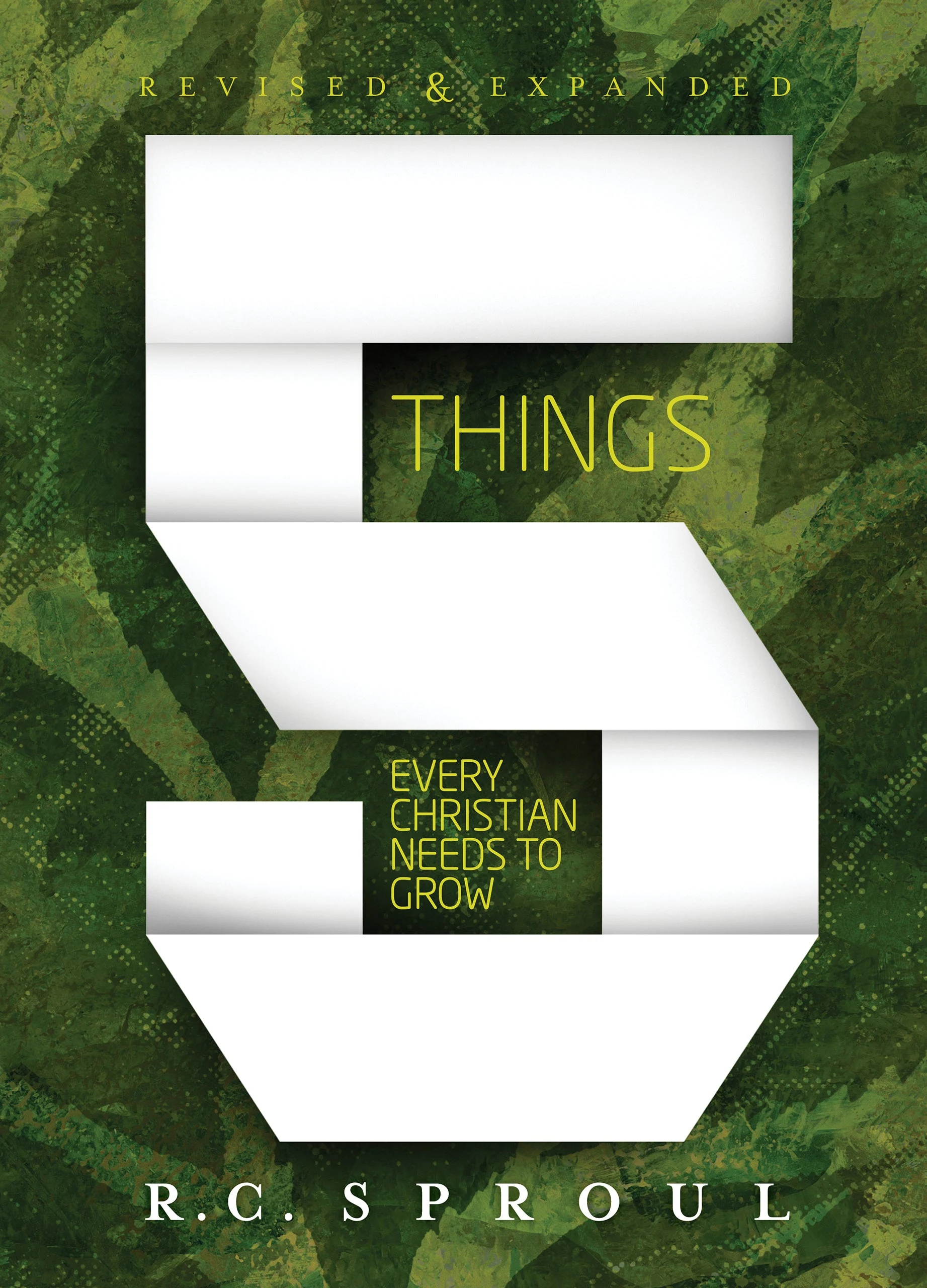What Does It Mean to Be an “Unprofitable Servant”?

When you have done all those things which you are commanded, say, "We are unprofitable servants. We have done what was our duty to do." (Luke 17:5-10)
When Jesus said that we are unprofitable servants, He did not mean that our service is of no value. Jesus frequently called His disciples to be productive. Rather, He meant that we gain no "bonus points" or merit from our service.
In the Middle Ages, a pernicious view sprang up that held that Christians not only can gain a certain kind of merit by the works that they perform, but they can even perform "works of supererogation"—works that are so meritorious, so valuable, that they are above and beyond what God requires from His people. The church taught that the excess merit from these works of supererogation was deposited in what was known as "the treasury of merit," and from there it could be distributed to people in purgatory who were lacking in merit. This idea was behind the whole controversy over indulgences in the sixteenth century, and it was a major point of dispute between Protestants and Roman Catholics. It all boiled down to the concept that it is possible for believers to perform works that are above and beyond the call of duty.
Jesus' words here in Luke 17 surely put this idea in its proper place. What deed could I possibly do that was not something God required of me in the first place? Remember, He commands us to be perfect, and we can't improve on perfection. We can't even hope to reach that goal. I have no "profit" of my own because I earn nothing by doing what I am required to do. That's why our redemption is by grace and grace alone. There is only one thing that I can place before God that is, properly speaking, my own—my sin. The only thing that can redeem me is not my work, but the work that Christ has performed on my behalf. He freely came to do the Father's will and to submit Himself to the law for our sake. He, and He alone, is a profitable servant.
If we serve out of an effort to earn our way into the kingdom of God, we're deceiving ourselves. The motivation for Christian service is love for God. We serve not to earn salvation, but because Christ already has purchased salvation for us. That truth lies behind the verse in Augustus Toplady's great hymn, "Rock of Ages," that says, "Nothing in my hand I bring, simply to thy cross I cling." Toplady understood that after we have done our best deeds, we remain unprofitable servants. No matter how exemplary our service, we gain nothing by it that we can offer to God to procure His favor.
My friend John Piper has awakened people to a concept of vital importance to our Christian faith—the joy to be found in rendering obedience to God. John stresses that the motive for our obedience should not be simply an abstract sense of duty. Of course, we sometimes do have to obey out of duty, and that is better than disobedience. There are times when we don't enjoy the prospect of obedience, but we can't just wait until we feel like doing it. But John is absolutely right: it should be our delight to obey God. We should be motivated to serve Him out of joy for what He has done for us, not out of grim obligation or as a means to gain heaven.
So we are "unprofitable servants"—at least in this world. But notice that the master in Jesus' parable told his servant, "afterward you will eat and drink." In this simple statement we find a hint of an idea that Jesus makes explicit in Matthew 16:27—in the next world, Christ will "reward each according to his works." We must be careful with that phrase "according to." It does not mean that our works earn a reward. But God in His grace will distribute rewards according to our service—even though our works don't deserve it. This is a gracious distribution of rewards; Augustine called it "God crowning His own gifts." So even when we receive the rewards of heaven, we receive them as people who, in and of ourselves, are unprofitable servants.


